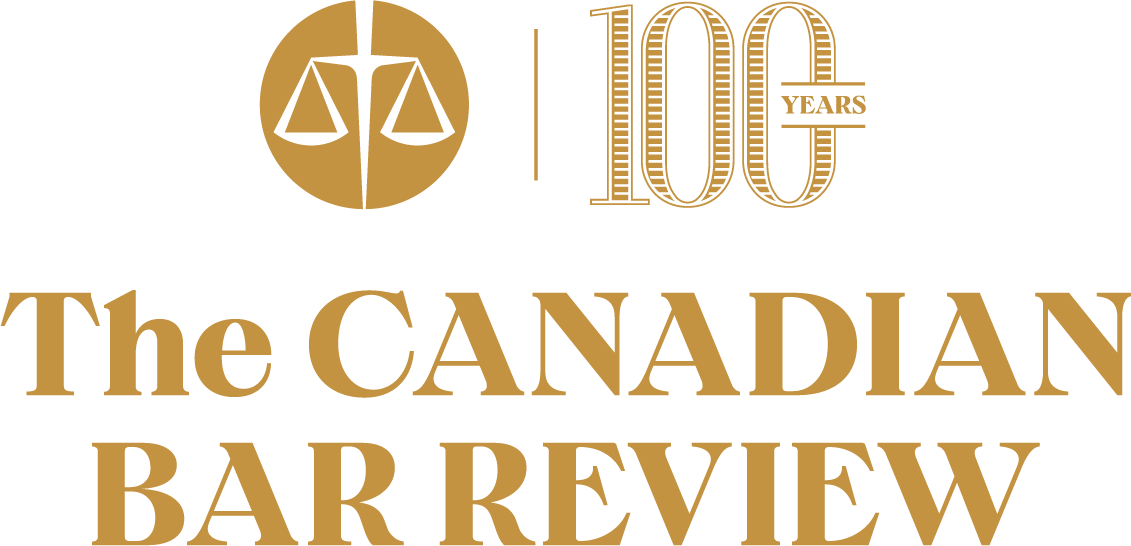SECTION 25 AND INDIGENOUS LEGALITIES
EXPLORING PLURINATIONAL FEDERALISM IN CANADA
Abstract
This paper concerns the relationship between the Charter of Rights and Freedoms and Aboriginal self-government rights. In Canada, most cases concerning Aboriginal rights have come in the context of section 35. There have been fewer cases involving Aboriginal rights and Charter issues. However, this is changing as the jurisdiction of Indigenous legalities, which has always existed, begins to be constructed in Canadian law. This paper takes the case of Dickson v Vuntut Gwitchin First Nation as a starting point to explore unresolved questions about the relationship between Indigenous jurisdiction and the Charter. It critically assesses the relevant jurisprudence and scholarly commentary. It points out issues relevant for the courts to consider in deciding such cases, including how section 25 of the Charter may be engaged, the implication of concepts of treaty federalism, Canada’s endorsement of UNDRIP and scholarly discussions of self-determination that incorporate individual and collective dimensions. It also suggests a possible approach to section 25 that does not instantiate a hierarchy of rights but offers the possibility of weaving legal cultures in a plurinational understanding of federalism.
Keywords:
Aboriginal Law, Aboriginal Rights, Constitutional Law, Charter of Rights and Freedoms, Section 25, Aboriginal Self-government, Treaty Federalism, Indigenous Jurisdiction, Reconciliation, Reverse Cognizability, Internal Colonization, FederalismDownloads
Downloads
Published
Issue
Section
License
Copyright (c) 2023 The Canadian Bar Foundation

This work is licensed under a Creative Commons Attribution-NonCommercial-NoDerivatives 4.0 International License.





